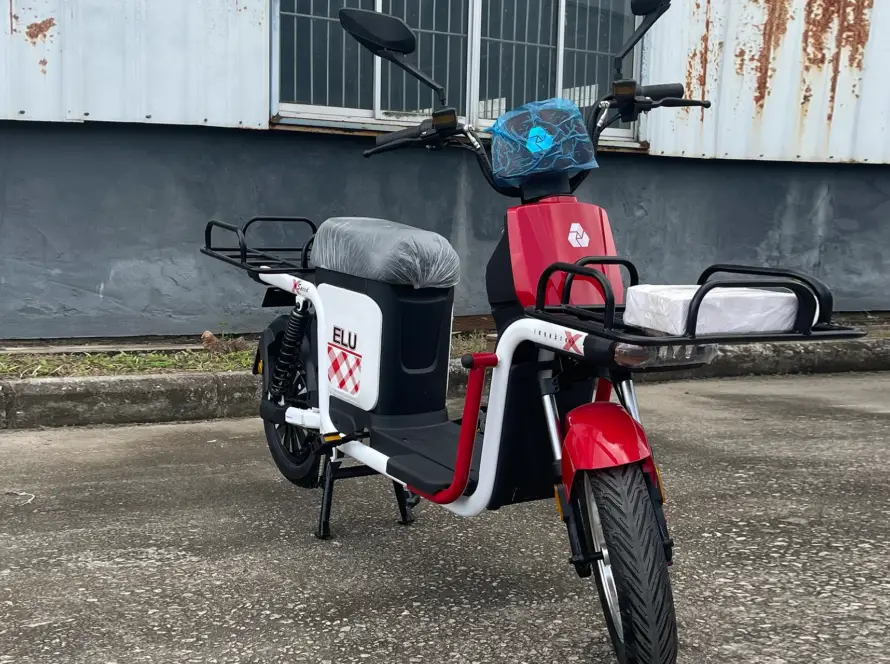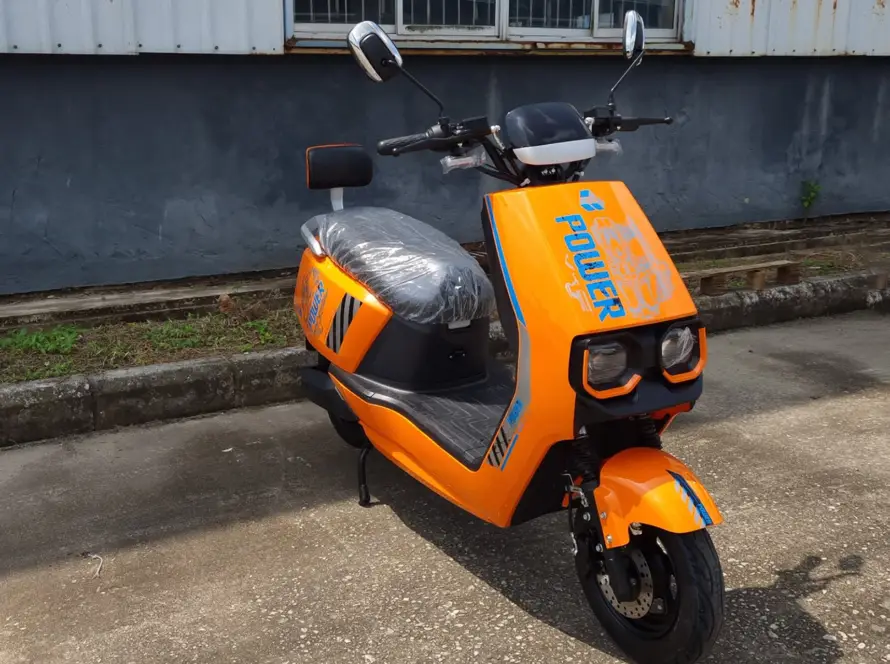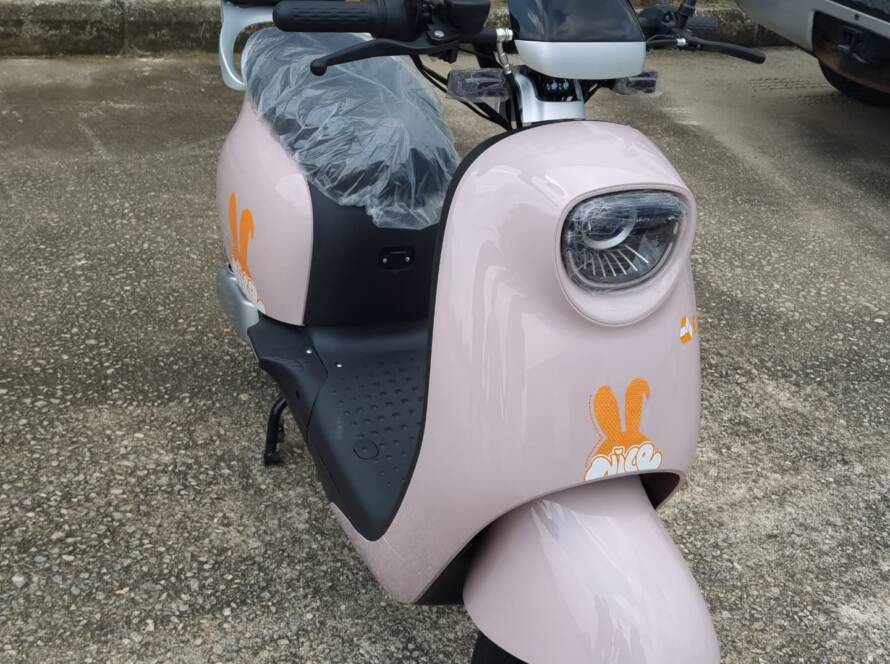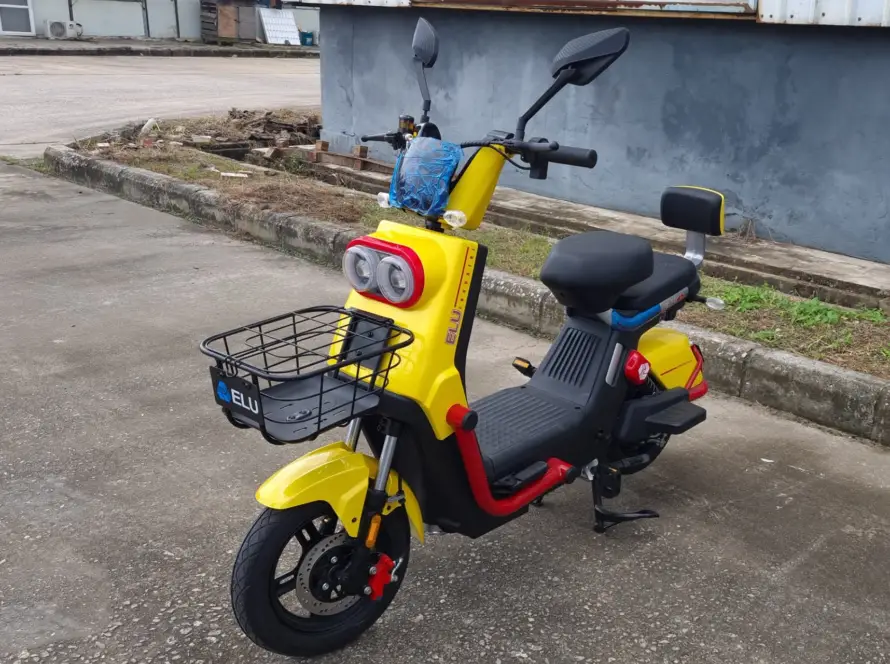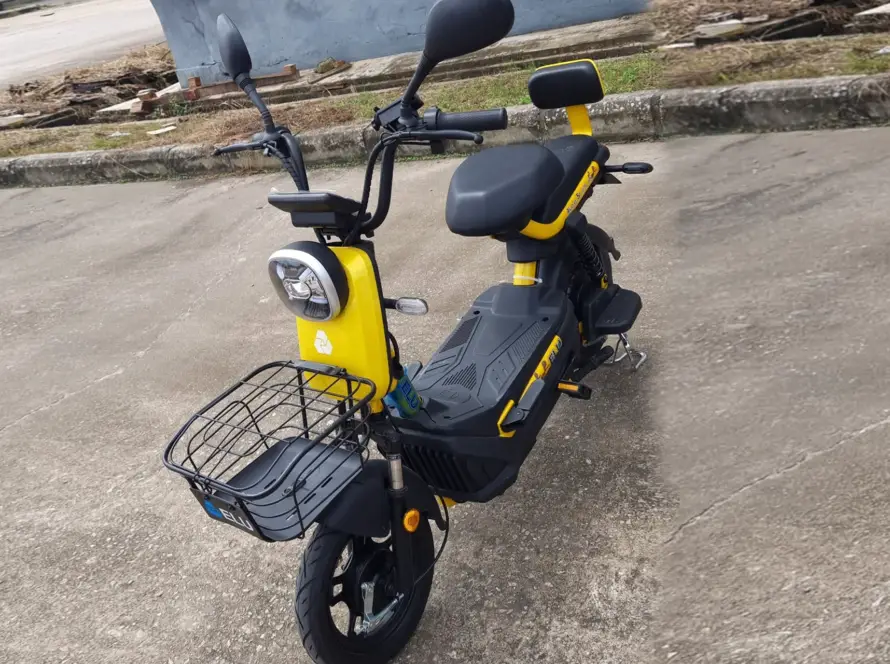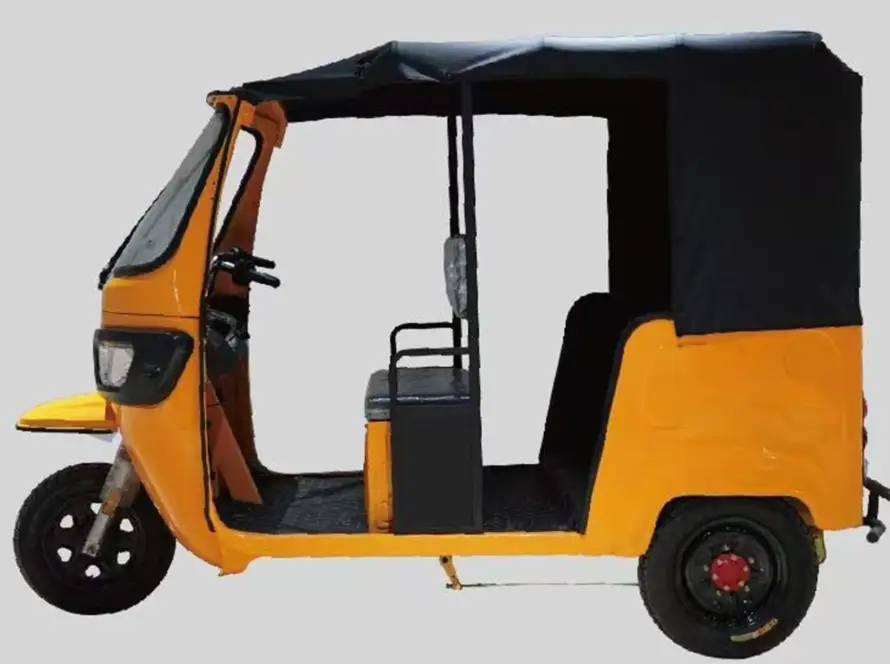Our Products
Get Full Details
Download our official brochures to explore all the features, benefits, and specifications of the Simply E-Mobiles lineup.
Why Choose E-Mobility
Frequently Asked Questions
An electric bike or tricycle is a vehicle powered either fully or partially by electricity using a rechargeable battery.
It uses an electric motor to assist pedaling (e-bike) or drive the wheels (e-keke). The battery powers the motor and is usually rechargeable.
Depending on the model:
- E-bikes: 40–100 km
- E-keke: 60–150 km
Most e-bikes and e-kekes take 4–8 hours to fully charge.
In Nigeria, charging an e-bike/keke could cost between ₦5000 – ₦10,000, depending on power rates and battery size.
- E-bikes: 25–80 km/h
- E-keke: 40–70 km/h
Yes, depending on the motor power (usually 500W–1500W for strong models).
- E-bikes: ~100–150 kg
- E-kekes: ~200–500 kg (including passengers and cargo)
Yes. Electricity is cheaper than fuel, and maintenance is much lower (no engine oil, no spark plugs).
Laws vary, but for higher-speed models or commercial use in Nigeria, a license and registration may be required.
Yes! Many use e-bikes and e-keke for logistics, food delivery, or estate transport. They’re cost-effective and easy to maintain.
- E-bikes: ₦1,500,000 – ₦2,000,000
- E-kekes: ₦5,600,000 – ₦12.5 million
(Prices vary by brand, battery size, and features)
Usually 2–4 years or 1000–3500 charge cycles, depending on usage and quality.
Yes, many models have replaceable batteries, but ensure it’s the correct type.
- At home (using a standard socket)
- At public charging stations (if available)
- Some models allow battery swapping
Most are water-resistant but not floodproof. Avoid riding through deep water. Keep battery and motor components dry.
No, it’s very quiet. That’s part of its appeal!
Yes — it produces zero emissions, helping reduce air and noise pollution.
Absolutely. Many estates, schools, and communities are adopting electric mobility options.
Yes, some providers offer pay-per-day, lease-to-own, or fleet rentals for logistics or transport businesses.
Yes, but availability depends on brand and region. Stick to popular or supported brands

